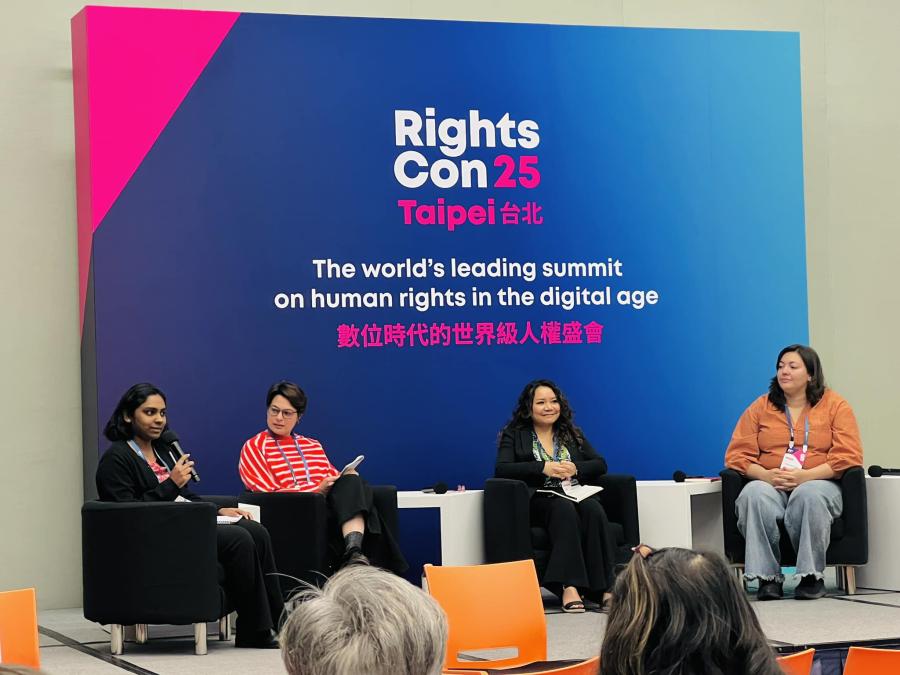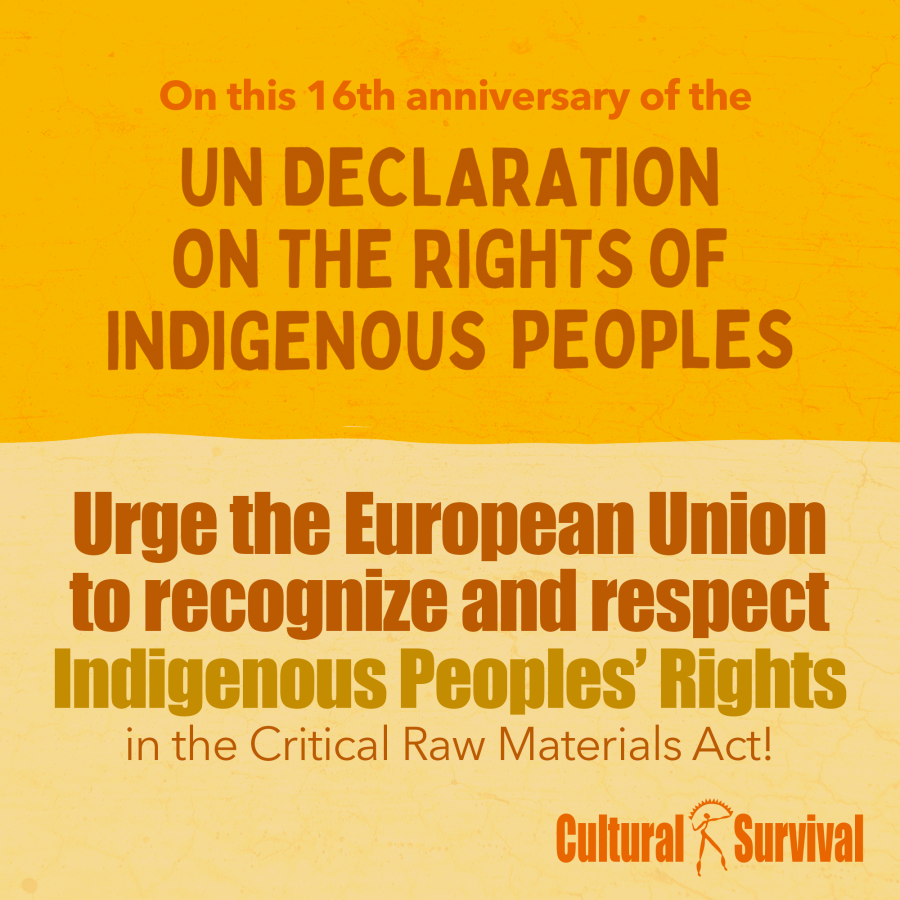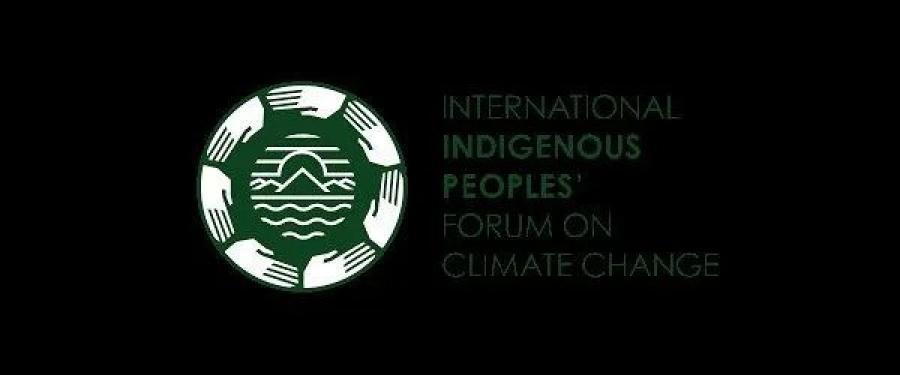Sunday, June 20, is World Refugee Day, as designated by the United Nations High Commissioner for Refugees (UNHCR). Countries around the world will commemorate the day.
In Iran, an exhibition of drawings by Afghan refugee children on the theme "My country, my home" will take place in Tehran. In El Salvador, a "World Refugee" stamp will be issued by the Salvadorian post office. In the United States, refugee singers, dancers, musicians, and comedians hailing from countries all over the world will converge on Washington, D.C. for a series of performances.
There is, it appears, at least some reason to celebrate. The UNHCR’s "total population of concern" (including both refugees and asylum seekers) dropped by 18 percent between 2002 and 2003. However, there are still some 17 million refugees, asylum seekers, and "others of concern" to the UNHCR worldwide.
Many of these refugees are indigenous, but the total number of indigenous people with refugee status is unknown.
In honor of World Refugee Day, this edition of the Weekly Indigenous News features the stories of three indigenous refugees living in the United States. In some ways, Kha Diep, Akuthi Okoth, and Nicholas Chango are the lucky ones. Each was able to escape persecution with their health intact, and each has had opportunities for higher education in the United States. And now, each is giving back.
Their stories describe the challenges of being torn from their homelands, adjusting to new lives in America, and working with fellow indigenous refugees to integrate into a new culture—while trying to hold on to their own.
Nicholas Chango—Indigenous Leader from Ecuador
Kha Diep—Preserving Khmer Kampuchea-Krom Culture
Akuthi Okoth—A Role Model to Anuak Women



